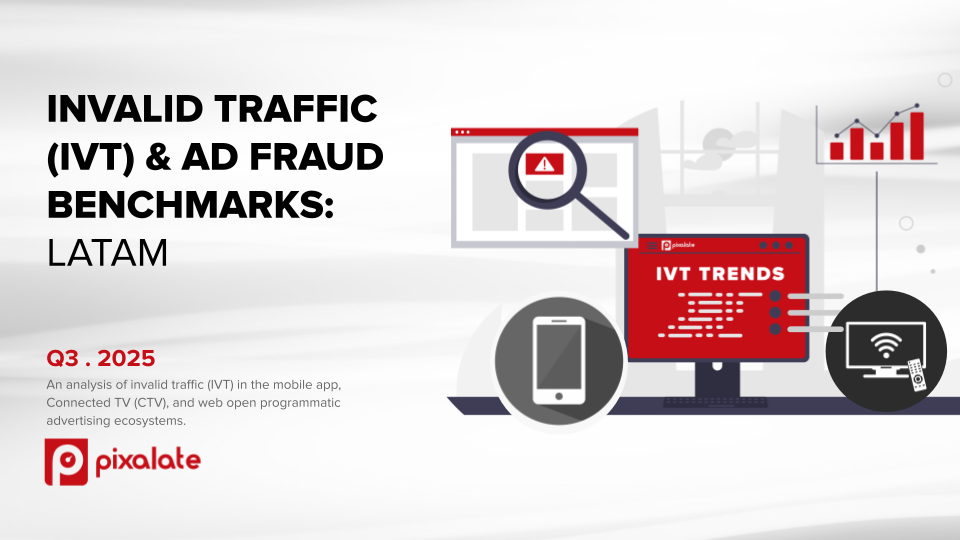Pixalate last week released the Q1 2022 Privacy on Family Planning Apps Report, a comprehensive analysis of the state of privacy within family planning mobile apps through Q1 2022.
Today, we're releasing an update to the report to publish the full list of 214 Family Planning apps that shared user location and/or IP address with advertisers.

Now when you download the report, you'll also be sent the full list of apps that are collecting and sharing personal data for free.
Key Findings:
- 72 of the 214 apps are found in the Apple App Store
- 160 are found in the Google Play Store
- 23 of the apps are registered in the United States
- 131 of the apps have either unknown or no country of registry
- 19 of the apps have no detected privacy policy
- 96 of the apps have at least 100,000 downloads from the Google Play Store and 9 of them have at least 1 million downloads
What's inside the report
Pixalate’s Q1 2022 Privacy on Family Planning Apps Report includes:
- Number of family planning apps
- A list of the most popular family planning apps on each store
- Device permission requests
- What data is shared with advertisers and/or data brokers
Download a free copy of the report here: Q1 2022 Privacy on Family Planning Apps Report, which now also includes a free list of the 214 family planning apps transmitting user data with advertisers, according to Pixalate.
In the context of this report, “Family Planning” apps are any app available in the Google Play Store or Apple App Store with the words “period” or “pregnancy” in the title (English language only). Pixalate examines where these apps are registered, what permissions they request access to (such as location), and what personal information is shared with advertisers and/or data brokers from within the apps.
Disclaimer
The content of this post, and the Q1 2022 Privacy on Family Planning Apps Report (the "Report"), reflect Pixalate's opinions with respect to factors that Pixalate believes can be useful to the digital media industry. Any data shared is grounded in Pixalate’s proprietary technology and analytics, which Pixalate is continuously evaluating and updating. Any references to outside sources should not be construed as endorsements. Pixalate’s opinions are just that, opinions, which means that they are neither facts nor guarantees. Pixalate does not independently verify third-party information. Pixalate is sharing this data not to impugn the standing or reputation of any entity, person or app, but, instead, to report findings and trends pertaining to apps available for download in the official Apple App Store and Google Play Store.







